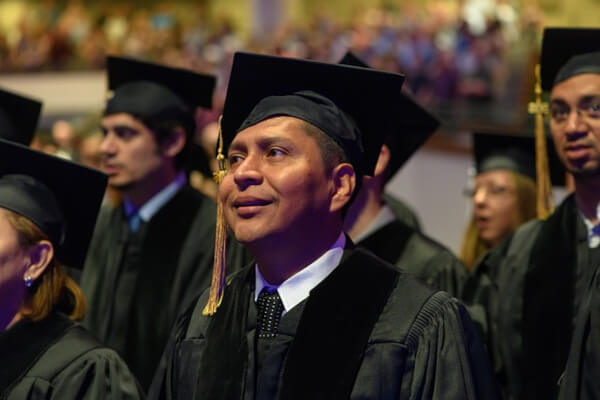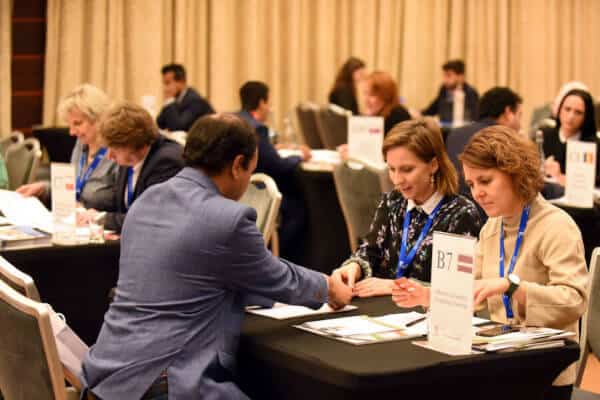The education system in Algeria

The education system in Algeria is divided into three levels: early education, primary and secondary education, and higher education. The educational system is regulated by the Ministry of National Education, which is responsible for the development of education policies and the supervision of the education system.
The educational system in Algeria is compulsory for children aged 6 to 16 years, and it is free of charge. The system is divided into two stages: the first stage is the primary education which starts at the age of 6 and lasts for 6 years, and the second stage is the secondary education which starts at the age of 12 and lasts for 5 years.
The primary education is designed to provide students with basic knowledge and skills, such as literacy and numeracy. The curriculum includes subjects such as Arabic, mathematics, French, natural science, and social studies. The primary education is taught in Arabic, and French is introduced as a second language.
The secondary education is divided into two levels: the first level is the basic education which lasts for 3 years, and the second level is the secondary education which lasts for 2 years. The curriculum includes subjects such as Arabic, mathematics, French, natural science, and social studies. The secondary education is also taught in Arabic and French, but students are required to take more subjects in French than in Arabic.
The higher education in Algeria is divided into two levels: undergraduate and graduate studies. Undergraduate studies are offered at universities, institutes, and higher education centers. Graduate studies are offered at universities and research centers. The higher education system in Algeria is based on the French system, and the curriculum is taught in French.
In addition to the traditional education system, Algeria also offers vocational education and training programs. These programs are designed to provide students with the skills and knowledge needed to pursue a career in a specific field, such as engineering, medicine, or business. The vocational education and training programs are offered at vocational schools, technical institutes, and higher education centers.
In recent years, the government of Algeria has taken steps to improve the education system by increasing the budget for education, building new schools, and providing training for teachers. The government has also introduced a new education law that aims to improve the quality of education and increase access to education for all children.
Despite these efforts, the education system in Algeria still faces many challenges. One of the main challenges is the high dropout rate among students, particularly in rural areas. Another challenge is the lack of qualified teachers, which affects the quality of education. The government is working to address these challenges by providing training for teachers and building new schools in rural areas.
In conclusion, the education system in Algeria is divided into three levels: early education, primary and secondary education, and higher education. The system is compulsory and free of charge, and it is regulated by the Ministry of National Education. The system is based on the French system, and the curriculum is taught in Arabic and French. Despite the challenges, the government is taking steps to improve the education system, such as increasing the budget for education, building new schools, and providing training for teachers.

